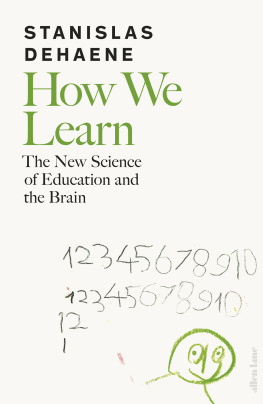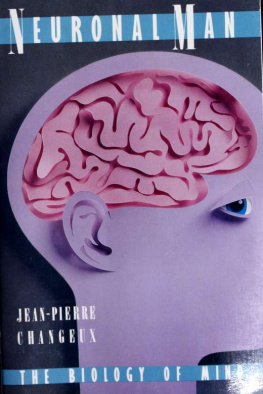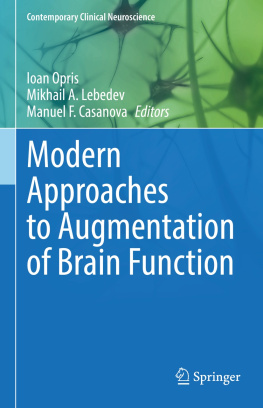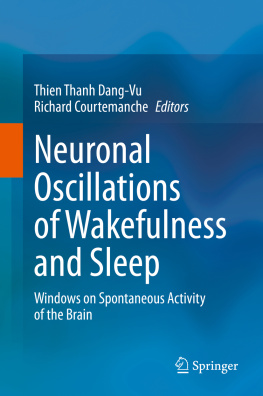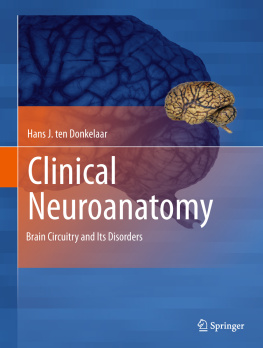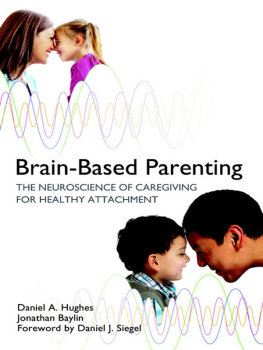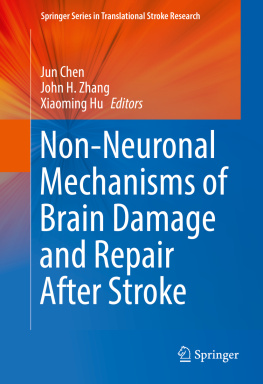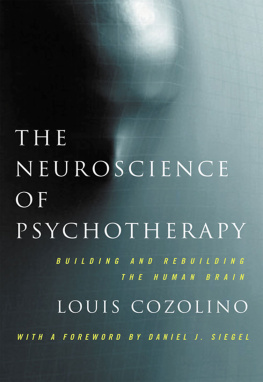More than 10 years have passed since we introduced to the world, at the Royal College of Surgeons of England, the infant discipline that Georg Northoff addresses in this remarkable new book. But the inaugural International Neuropsychoanalysis Congress in London was not so much a birthday as a coming out ceremony, of the kind traditionally held to introduce young ladies to the eligible bachelors of good society. Accordingly, among the invited guests at that congress in July 2000 were some leading scientists that we hoped might take an interest in Neuropsychoanalysis. Since then, she has had many suitors, not all of whom have pleased us. A regularly disappointing feature, even among those who displayed enthusiastic interest, has been a certain lack of substance. It goes without saying that what concerns us here is intellectual substance, an approach to science that reflects serious immersion in all relevant dimensions of intellectual breeding.
You can imagine our delight, therefore, when Professor Dr med Dr phil Georg Northoff first declared the true extent of his interest in Neuropsychoanalysis, approximately five years ago. His pedigree was impeccable. A physician who had specialized first in psychiatry and then in philosophy and then in neuroscience, and who was, moreover, pursuing a highly productive research career, promised to meet our beautifully maturing adolescent's every need. We would have preferred him to have trained in psychoanalysis, but nobody is perfect. And few before Georg Northoff had shown anything like the depth of understanding of our daughter's background, her intellectual lineage if you like, both scientific and philosophical. Although such things still mean a great deal to us, let us not deny that times have changed. We are under no illusions as to what the future might hold. Even if this relationship does end in marriage, for example, still it might not last forever. There may yet be others. Notwithstanding these modern realities, we wish to declare, taking a deep breath, our enthusiastic support for Georg Northoff's proposal outlined in this book.
Before discretely withdrawing, however, and letting them get on with it, we would like to make one point clear to his readers. Neuropsychoanalysis takes a very particular approach to the mind, and thereby to the brain. It is remarkable how few scientists these days even bother to reflect critically on their approaches to the mind. Most disturbing of all, they do not always know what the thing actually is that they are approaching in this way. Yes, believe it or not, mental scientists today (cognitive neuroscientists, psychiatrists, psychologists, and psychoanalysts alike) for the most part, do not seem to know what a mind is! How can they ever hope to lift the top-down veils that still obscure this most beautiful, mysterious and profound part of nature if they do not know what it is? Few seem to realize that human mental processes, especially affective ones, are not exactly unique. Everything in nature evolves bottom-up. Accordingly, many features of the mind are almost impossible to understand by studying human cognition in isolation.
We would therefore like to give readers of Georg Northoff's proposals a clear, simple and succinct statement of the Neuropsychoanalytic approach to the mind. This provides a good basis for evaluating what he sets out in the pages that follow of this seminal, breathtakingly complex and wide-ranging book.
The mind, according to us, has three fundamental properties.
Foremost among them is subjectivity. Anyone who does not take the subjective nature of the mind seriously, as the starting point of their investigations, has lost the plot before they begin, and is therefore not suited to Neuropsychoanalysis. This is sadly true of many (if not most) mental scientists and here we are not only referring to behaviorists. The so-called cognitive revolution did not entail a crossing of this Rubicon. The representations of cognitivists are far from being similar in kind to the things we actually experience. They are usually conceptualized as just-so circuitry of some type, arising from complicated networks of information-processing machinery, not very different to the flow of information in silicone-based computers. Machinery, no matter how complex or abstract, is still machinery. Machinery is almost the opposite of subjectivity.
The reason for this neglect of subjectivity is simple: the subjective nature of the mind is an embarrassment to investigators who want to retain the mantle of objectivity. In order to retain their credentials as mental scientists therefore, they think they have to jettison the mental itselfthe most essential property of the mind. But every part of nature has its own empirical challenges that may appear insurmountable to the custodians of pure reason. What is called for, as Northoff well realizes, is something more practical.
The mind does not consist in subjectivity alone. Although everything may be said to be something, not everything has a minda quality of being that experiences itself in the world. This touches on many philosophical problems, not least of them the problem of other minds. Since the mind is subjective, I can only ever know my own in the sense of directly experiencing it; that is what subjectivity means. It means first-person perspective. How, then, can I know whether anything other than me has a mind? How can I ever know what it is like to be something other than me?
In our view, it works like this (and this, incidentally, is where the Neuro- enters Neuro-psychoanalysis). I look inward, and experience myself. I look outward and I am attached to a body, a physical thing. In fact I am so deeply attached to this body that I call it me, using the same name that I use to refer to my subjective self (my mental being). I gain a better view of this thing by looking in a mirror, but when I close my eyes I notice that I am still my mind. I then realize that my body is simply what I look like from the outside. This body is me from the objective, third-person point of view, even thought the first-person view reveals things that cannot be seen through the eyes of another.
We therefore may provisionally infer that all things that look and behave like me from the outside feel like me from the inside. Philosophers (like Descartes) might say that one can never really know such thingsall the other things might really be zombies who just look like me but actually feel like nothingbut to think like that is mad. That is why we prefer to approach the problem scientifically. We do not seek to intuit ultimate truths; we are satisfied with testable hypotheses based on the best available evidence. We hypothesize that all things that look and behave like me from the outside feel like me from the inside, and we hold this to be true, unless someone adduces evidence to the contrary (evidence to the effect that all others are really zombies).
Approaching the problem this way encourages us to go further, and recognize that some aspects of the body are more centrally implicated than others in being a mind. When some parts of the body (like limbs) are removed, human beings typically tell us they still feel like themselves, and they behave accordingly. When other parts of the body (like the brain) are removed, the being of the human being seems to disappear. All the evidence points to that conclusion. If we continue in this vein we learn, including from research on other animals, that some parts of the brain are more centrally implicated than others in generating the being of a mind. So we proceed gradually, on this basis, to identify precisely


